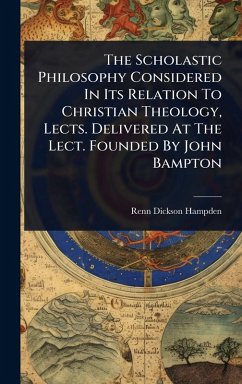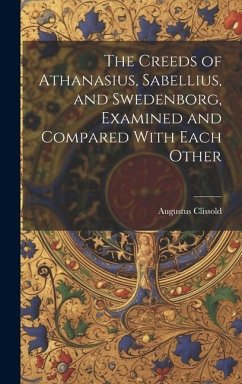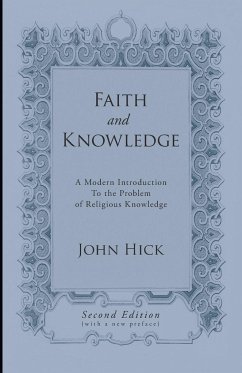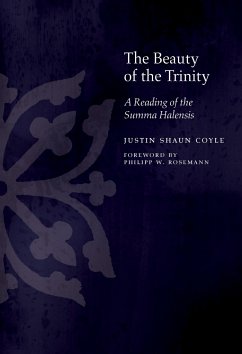Nicht lieferbar
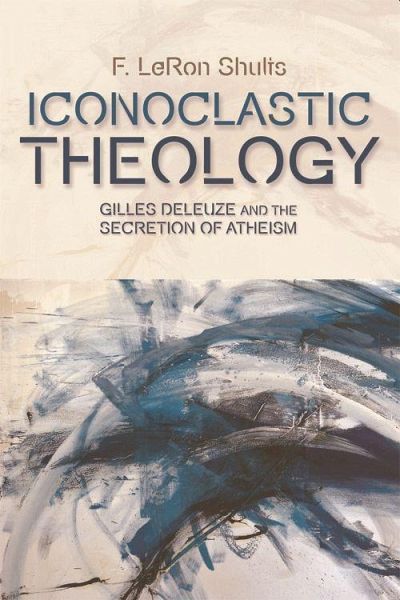
Iconoclastic Theology
Gilles Deleuze and the Secretion of Atheism
'This is an astonishing book. Shults has made Deleuze accessible and shown precisely how Deleuze's conceptual world matters for theology. The interpretation is simultaneously true to Deleuze and an expression of a new turn in the thinking of one of the finest theologians of our era.' Wesley Wildman, Boston University 'In this exciting, tightly-argued and in some ways scandalous book, F. LeRon Shults deploys a sensitive yet shocking reading of Deleuze to offer us a new atheism. Unlike so many of the inept atheist movements of our age, his ideas are attuned to the deep calling of religious icons...
'This is an astonishing book. Shults has made Deleuze accessible and shown precisely how Deleuze's conceptual world matters for theology. The interpretation is simultaneously true to Deleuze and an expression of a new turn in the thinking of one of the finest theologians of our era.' Wesley Wildman, Boston University 'In this exciting, tightly-argued and in some ways scandalous book, F. LeRon Shults deploys a sensitive yet shocking reading of Deleuze to offer us a new atheism. Unlike so many of the inept atheist movements of our age, his ideas are attuned to the deep calling of religious icons and to new sciences. His rigorous research in theology, easy style and the original tracks he cuts through Deleuze and Guattari's works make this a thrilling moment in the critique of religion and the invention of new theologies.' James Williams, University of Dundee A new reading of Deleuze's whole corpus in light of his treatment of religion and theological themes Gilles Deleuze consistently hammered away at icons, overturning pretentious images taken as true copies of ideal models. He was particularly critical of religious figures. In What is Philosophy? Deleuze argued that religion and transcendence, like philosophy and immanence, always come (and go) together. What value, then, could he possibly have found in engaging theology, which is typically bound to a particular religious coalition? Chipping away at repressive religious representations was valuable in itself for Deleuze, but he also believed that religion produced something of considerable value. He insisted that every religion secretes atheism, and none more so than Christianity. F. LeRon Shults explores Deleuze's fascination with theological themes and shows how his entire corpus can be understood as a creative atheist machine that liberates thinking, acting and feeling. Shults also demonstrates how the flow of a productive atheism can be increased by bringing Deleuzian concepts into dialogue with insights derived from the bio-cultural sciences of religion. F. LeRon Shults is Professor of Theology and Philosophy at the University of Agder in Norway and Senior Research Fellow at the Institute for the Bio-Cultural Study of Religion in Boston. Cover image: Waves, 2006 Oil on canvas, 119 x 150 cm (c) Paul Saroglou Cover design: [EUP logo] www.euppublishing.com






